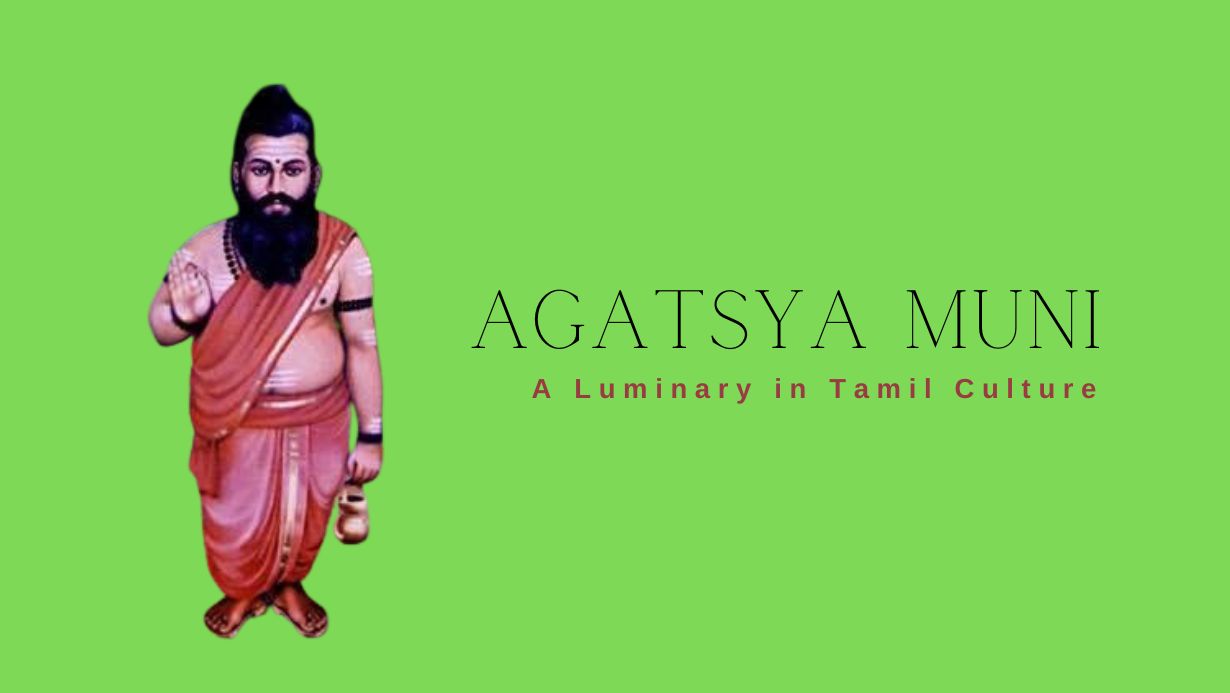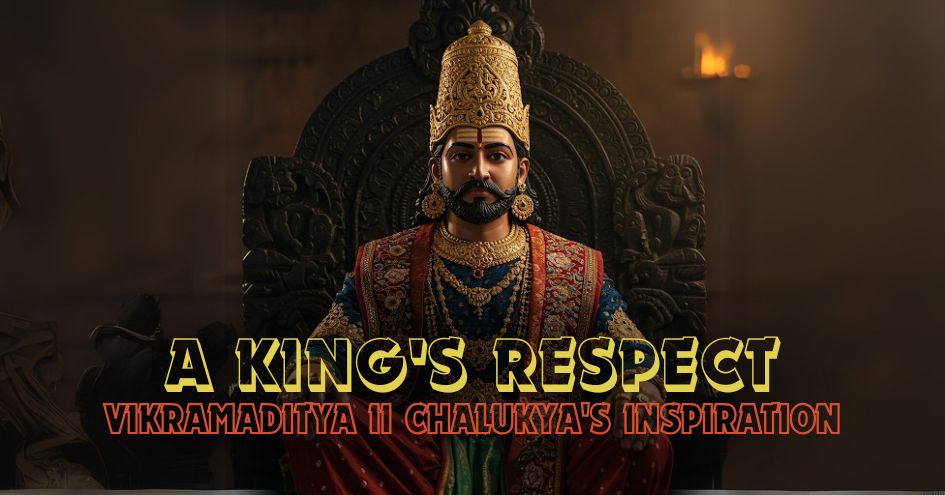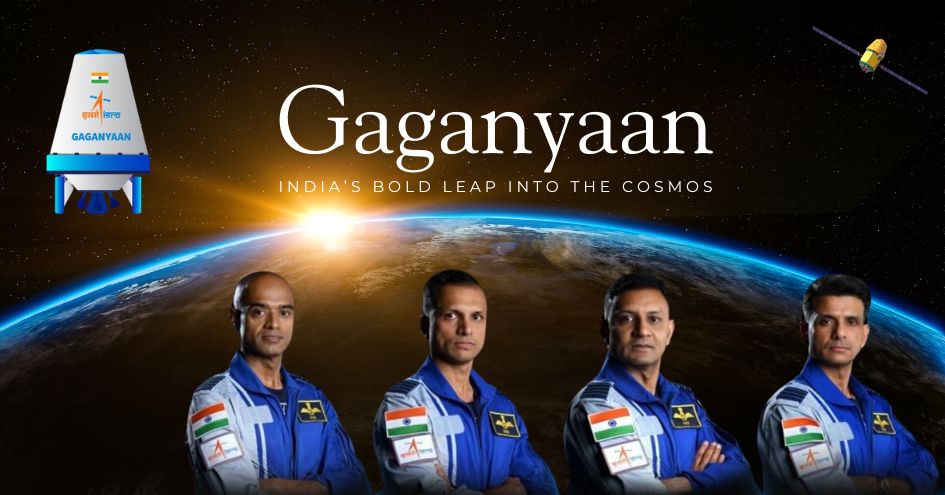
Agastya is the Father of Tamil literature and the compiler of the inaugural Tamil grammar, Agathiyam. Beyond his literary prowess, Agastya is venerated as the third foremost luminary in the Tamil language, standing alongside revered figures like Shiva and Muruga. His legacy dates back to around 500 BCE, with a birth story of divine origins—born of Gods Mitra and Varuna from the celestial Urvashi.
Agastya, often addressed as Muni, goes beyond literature, credited with uncovering many mantras of the Rig Veda, the oldest and most revered Hindu scripture. This uncovering isn't merely a transcription; it's a revelation in his mind by the Supreme Lord Brahman. As a sage, Agastya extends his influence into various deltas, earning the title of the father of traditional Indian Medicine. His book delves into a myriad of medical instructions, offering remedies for fevers, cancer, impotence, abdominal issues, and even intricate problems like brain and eye ailments and bone disorders.
Agastya is also a pivotal figure in the realm of Siddha medicine. He was considered the guru of all Siddhars. The Siddha medicine system is believed to be passed down to him by Lord Muruga hilself, encompasses not only medicine but a holistic approach to spirituality and supernatural powers known as the ashta siddhis.
Agastya, also known as Kurumuni for his short stature, delves into fields beyond medicine. He contributes to astrology, particularly Nadi astrology, leaving a lasting impact. One of his legendary medicinal preparations, Boopathi Kuligai, is famed for its purported ability to resurrect even the dead. Students Therayar and Tholkappiar stand as testament to Agastya's influence. They carried forward his teachings and contribute to Siddha literature and later known as veterans of the same.
The tale of Agastya and the Vindhya mountains proves his spiritual and divine prowess. According to a legend from Rama-charitra-manasa, once Mount Vindhya started to endlessly grow in size due to the taunting comments from Lord Narada. Agastya, accompanied by his family, traverses the region to put an end to this. In a jest, he asks the mountain to stay bowed in respect until his return, and the Vindhyas oblige, promising not to grow until then.
Agastya's legacy extends to a south Indian temple at Chengannur in Kerala. The temple is believed to be initially built by Agasthya Muni. It becomes a sacred space for meditation. Here, the idols of Lord Siva and Goddess Parvathy are worshipped in the same temple, where one half of the temple is dedicated for Lord Shiva and other half to Goddess Parvati, symbolizing the presence of the divine couple's unison.
His influence isn't confined to literature and temples; Agastya plays a role in the cosmic war. At Vishnu's request, he drinks up the seven oceans during the conflict between Devas and the asura trio of Malyavaan, Sumaali, and Maali (maternal grand fathers of Ravana). In a legend related to a Saivite temple in kutralam, formerly a vishnu temple, he was said to be denied entry. He then appeared as a Vaishnavite and is said to have miraculously transformed an image to a Shiva Linga. This was done by him to prove that shiva and vishnu are a different aspects of a same God.
Agastya's encounters and exploits showcases him as a multifaceted luminary whose influence extends far beyond the realms of grammar and literature. It is notable that he is also the one Lord Hayagriva releaved Lalita Sahasranama to. He is also a progenitor of Aditya Hrdayam. His teachings, legends, and contributions resonate through time, adding depth to not just the Tamil culture but the Bharatiyan landscape.
 Dakshinamurthy is a scholar and researcher of Indic themes and a contributing writer of The Verandah Club
Dakshinamurthy is a scholar and researcher of Indic themes and a contributing writer of The Verandah Club
NEXT ARTICLE

Indian History is rife with conflict between kings for power, territory and regional supremacy. We have seen instances where kings have made it a poin...

"Saare Jahaan Se Accha, Hindustan Hamara!"These immortal words, spoken by Squadron Leader Rakesh Sharma from the vast expanse of space in 1984, When t...

High in the rugged, unforgiving terrain of Jammu and Kashmir’s Reasi district, where the Chenab River slices through deep gorges and the Himalayas loo...